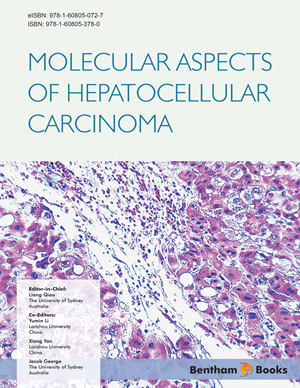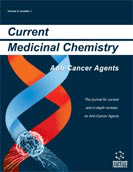Abstract
Hepatocellular carcinoma (HCC) ranks the third most lethal cancer worldwide, and the incidence is continuously rising. HCC is resistant to conventional cytotoxic chemotherapy and radiotherapy, thus systemic chemotherapy is not an ideal option for patients with advanced HCC. With recent advances in the knowledge of hepatocarcinogenesis, there has been encouraging development in the systemic therapy for advanced HCC, particularly in the molecular targeted therapy of advanced HCC. Sorafenib, a multikinase inhibitor, has showed survival benefits in patients with advanced HCC. This advancement represents a breakthrough in the treatment of HCC. Bevacizumab, a molecule that targets the anti-angiogenic pathway and the Raf/mitogen-activated protein kinase pathways has also showed initial encouraging activity in treating advanced HCC. Currently, Sorafenib is the only agent that has been approved by FDA as a targeted therapy for patients with advanced HCC. Future progress seems likely to depend on using controlled clinical trials to explore the optimized synergistic treatment strategies, combined targeted therapy with surgical resection, liver transplantation, radiofrequency ablation and transcatheter arterial chemoembolization.
Keywords: Hepatocellular carcinoma, molecular targeted therapy, Bevacizumab, Sorafenib.






















